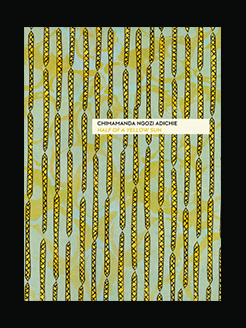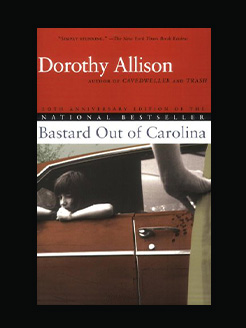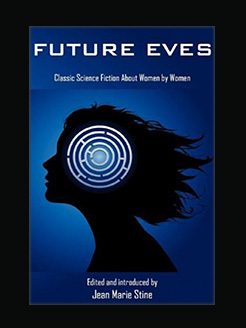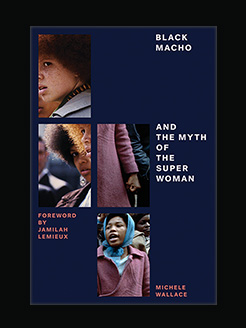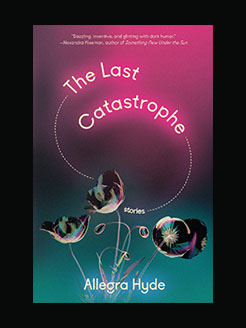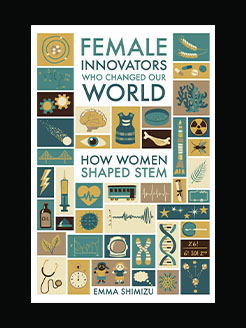Published in 2003
320 pages
Grace Tiffany is an American author and Shakespeare scholar. Her new novel, THE OWL WAS A BAKER’S DAUGHTER (Harper, 2025) follows the fortunes of a woman of the Shakespeare family, a midwife and apothecary, as she navigates battle-torn England during its mid-seventeenth-century civil war. An earlier novel, GUNPOWDER PERCY (Bagwyn, 2016) is based on the real story of the doomed Catholic zealots who plotted to blow up the English House of Lords in 1605. Her prior novel PAINT (Bagwyn, 2013) is based on the life of Emilia Lanier, a scandalous seventeenth-century poet thought by some to have been the mysterious Dark Lady of Shakespeare’s sonnets. PAINT is the third of a network of novels in which Tiffany explores Shakespeare’s fraught relations with women, both at home and in the busy London theater world. The first of this group, MY FATHER HAD A DAUGHTER (Berkley, 2003), won Booksense 76 listing from the independent booksellers of America. Tiffany’s sole novel for teenagers, ARIEL, appeared on the 2006 American Library Association list of best novels for young adults. She has also written two nonfiction books about English Renaissance culture.
What is this book about?
William Shakespeare was father to three Susanna, his oldest, and twins Judith and Hamnet. This is Judith’s tale…Growing up in Stratford-upon-Avon, Judith and her twin brother, Hamnet, see little of their father. His visits are infrequent, and they know him only as “the scribbling one.” Bit by bit, however, he begins to share with them his poetry of star-crossed lovers, a jailed English king, a murderous moneylender, a fairy queen. By the edge of the River Avon, the twins devise games based on their father’s wondrous poetry to entertain each other whenever he is away.Then, after a dark family tragedy, young Judith happens on a scrap copy of her father’s newest play, left behind in his haste to return to London. She reads it, and is shocked to find it a comic treatment of her family’s grief, especially her own. Outraged, she follows her father to London with an audacious plan to sabotage the play’s first performance. But the city is a revelation to her, as is her father’s world of the theater, and his new playhouse, the Globe. As Judith comes fully to understand the words her father has written, and why he writes his plays, she discovers that the two of them share more than she could have possiblity imagined.

